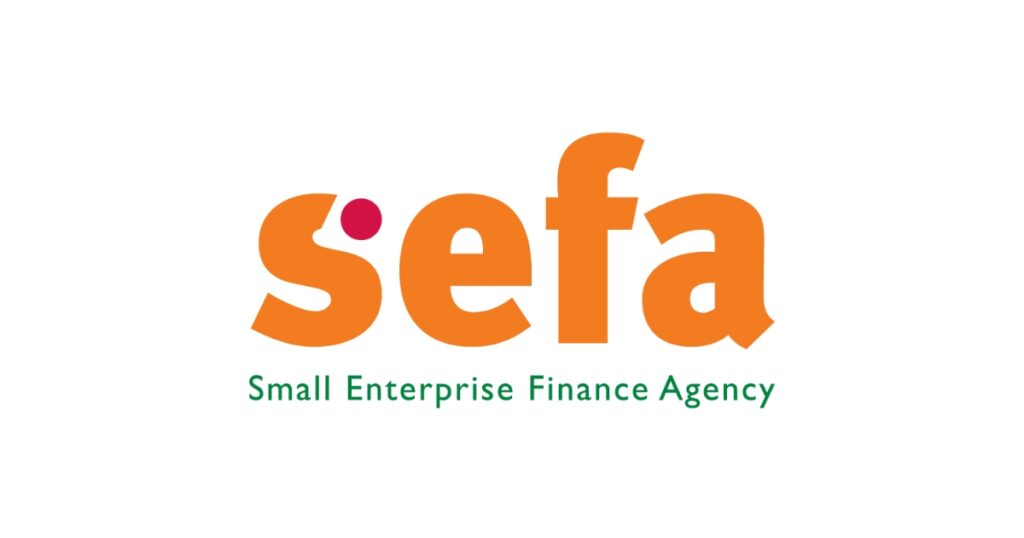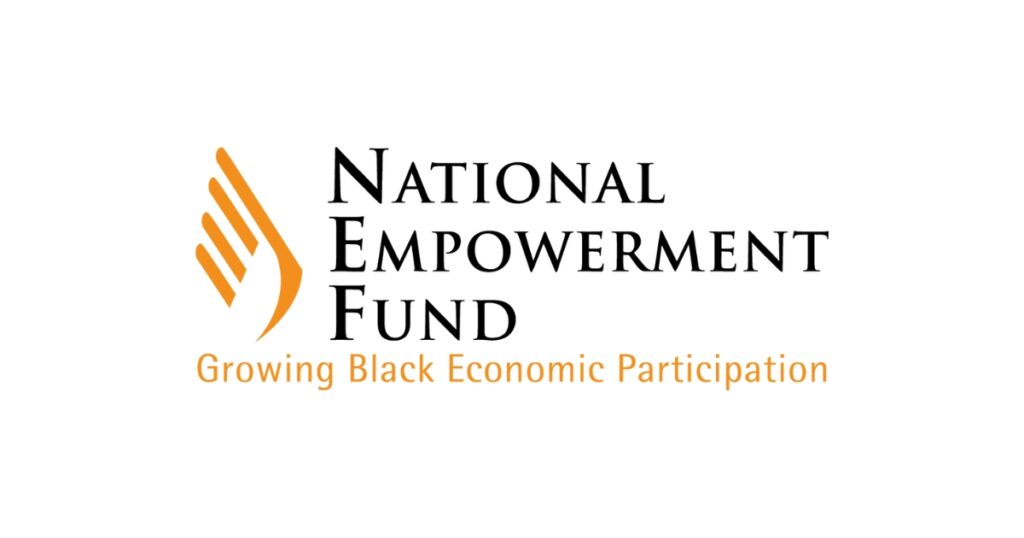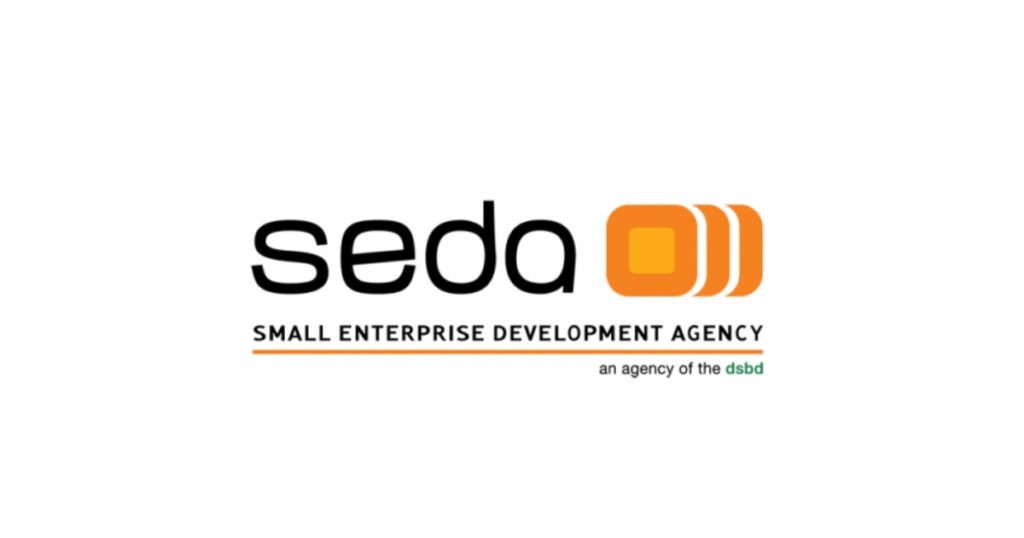
Starting a business is a common aspiration, yet the hurdles of securing funding, understanding regulations, and accessing the right resources can be significant. Fortunately, governments around the world understand the role of small businesses in the economy and provide various forms of assistance to support entrepreneurs. This includes grants, loans, training programmes, and tax incentives designed to simplify the journey to business ownership. So, how can aspiring entrepreneurs effectively utilise these government supports to transform their ideas into successful businesses?
Key Takeaways
- Funding Options: In South Africa, various government supports are available, including grants and loans, through agencies such as SEFA, NEF, and SEDA.
- Eligibility: Businesses must fulfill certain criteria and complete a detailed application process. While grants do not require repayment, they are competitive.
- Focus: Funding programmes are aimed at promoting black economic empowerment and job creation, with specific eligibility requirements and a complex application procedure.
About Arcadia Finance
Get your loan effortlessly with Arcadia Finance. Choose from 19 trusted lenders with zero application fees, all fully compliant with the South African National Credit Regulator. Experience a quick, secure process tailored to your financial goals.
What About Government Funding?
South Africa provides a range of government grants aimed at supporting small business growth, with several programmes specifically tailored to assist entrepreneurs. Most of the initiatives discussed here are funded through government resources.
A prominent government grant is offered by the Industrial Development Corporation (IDC). The IDC’s goal is to enhance South Africa’s industrial capacity and encourage economic growth and development across the country. They achieve this by offering financial assistance to entrepreneurs starting new ventures and to businesses looking to expand. The IDC provides funding for both start-ups and established companies, with financial support available of up to R1 billion.

Who Are Government Grants Best Suited To?
Government-backed funding in South Africa primarily targets promoting black economic empowerment, creating jobs, and enhancing the overall economy. These grants are usually allocated to individuals from previously disadvantaged groups, including businesses owned by black South Africans, youth, and women.

SEFA: Small Enterprise Finance Agency
Established in 2012, the Small Enterprise Finance Agency (SEFA) plays a key role in supporting start-ups and small businesses in South Africa. SEFA provides funding through grants or loans and helps entrepreneurs secure additional financial backing from other sources. Their services focus on micro, small, and medium-sized enterprises, with particular attention given to co-operatives and survivalist businesses aiming for expansion.
SEFA offers loans ranging from R500 to R3 million, which are paid directly to business owners. This direct payment approach is crucial for businesses that often face challenges accessing traditional banking services.
Eligible applicants include micro, small, and medium enterprises, as well as co-operatives with robust business plans. SEFA’s team evaluates each application to assess the business’s viability and establish a repayment plan that supports the company’s stability.
Contact Information:
- Email: helpline@sefa.org.za
- Call Centre: 086 000 7332
- Website: www.sefa.org.za

NEF: National Empowerment Fund
The National Empowerment Fund (NEF) offers financial support ranging from R250,000 to R75 million to businesses where the owners are actively involved. The NEF’s mandate is to provide both financial and non-financial assistance to black-owned enterprises in South Africa.
Funding from the NEF is in line with the Industrial Policy Action Plan and covers various sectors. Start-ups can apply for up to R10 million. The NEF also supports rural and community projects, franchise financing, and new industry development.
Contact Information:
- Email: info@nefcorp.co.za
- Call Centre: 0861 843 633
- Website: www.nefcorp.co.za / www.nefbusinessplanner.co.za

SEDA: Small Enterprise Development Agency
The Small Enterprise Development Agency (SEDA), operating under the Department of Trade and Industry, provides guidance and training to entrepreneurs. SEDA assists with the processes necessary to secure funding, including drafting business plans.
Contact Information:
- Email: info@seda.org.za
- Call Centre: 0860 103 703
- Website: www.seda.org.za
A crucial step in starting a business is officially registering your company. Understanding the registration process in South Africa can help you navigate the legal requirements efficiently and avoid potential pitfalls along the way.
How to Access Services
To qualify for assistance, businesses must meet these criteria:
- Submission: A completed application form and business plan must be submitted by the owner or manager.
- Repayment Capability: The ability to repay the loan must be demonstrated.
- Registration: The business must be officially registered.
- Operational Status: The business must be operational within South Africa.
Applications are evaluated at the regional office closest to the business. After a due diligence process, a committee will make the final decision on approval. Once approved, applicants are required to sign a contract acknowledging the debt before funds are disbursed.
How Are Government Grants Repaid?
Unlike loans, government grants do not require repayment, not even with interest. However, there may be specific conditions attached to the funding, such as the requirement to employ local workers, reflecting the government’s focus on job creation. Grants are designed to support the growth of your business while also benefiting the community. It’s important to consider how your business’s success can have a positive impact on others.

What Are The Pros and Cons Of Government Grants?
Strengths
- Financial Support: The South African government provides various grants, loans, and funding opportunities through agencies such as the Small Enterprise Development Agency (SEDA) and the Industrial Development Corporation (IDC). This financial assistance helps to address high startup costs.
- Infrastructure and Resources: Government support includes infrastructure such as business hubs, incubators, and parks. These facilities offer essential resources like internet access, which are crucial for startups.
- Training and Development: Programs designed to develop skills and provide business education are available for new entrepreneurs. These programs help build business acumen and managerial skills essential for success.
- Tax Incentives: Startups in certain sectors can benefit from tax incentives, which can significantly reduce financial burdens and allow more investment in growth and development.
- Market Access: Government initiatives sometimes assist new businesses in entering local and international markets through trade missions, expos, and access to export channels.
Weakness
- Bureaucracy and Red Tape: Navigating government departments can be complex and time-consuming. The bureaucratic procedures and slow processing times may impede the swift establishment and operation of new businesses.
- Limited Scope of Support: Many programs are targeted at specific sectors or demographics, which may leave some entrepreneurs without support. This can limit the diversity of new businesses and innovations.
- Inadequate Follow-up Support: Ongoing support after initial setup can be lacking. Many businesses struggle to sustain operations without continuous mentorship and assistance.
- Corruption and Mismanagement: Instances of corruption and mismanagement within some government programs can result in unfair practices and unequal distribution of resources.
- Dependence on Government: Heavy reliance on government support can make businesses vulnerable to changes in policy and funding. Alterations or cuts to these programs can pose significant challenges to businesses that depend on them.
Securing funding is a pivotal part of launching your business. Explore a list of top loan providers in South Africa to find the most suitable financial partner that aligns with your business needs and goals.
Five Government Funds Available to Start-Up Businesses in South Africa
Grants
Grants are usually one-time financial aids offered to start-ups led by individuals from previously disadvantaged backgrounds, such as women, youth, and black South Africans. These grants often target specific industries or sectors, like agriculture or manufacturing, that the government seeks to develop. However, the availability of such grants is limited, making them highly competitive and not always accessible to all aspiring entrepreneurs.
Cost-Sharing Grants
Cost-sharing grants are a form of government assistance where the state covers a portion of the required funding for a start-up, typically between 30% and 70% of the total project costs. The remaining amount must be sourced by the entrepreneur, often through personal savings, loans, or other investors. While the government’s contribution does not require repayment, raising the balance can be challenging for new businesses.
Incentives
Government incentives resemble cost-sharing grants but differ in the timing of the payout. These funds are disbursed only after the start-up has successfully completed the funded project. Entrepreneurs must initially cover all project expenses and can only claim back the agreed costs from the government once the project is finished. This approach places a financial burden on start-ups but can be beneficial for those with sufficient resources to manage cash flow.
Tax Incentives
Tax incentives allow businesses to lower their taxable income by deducting specific government-approved expenses, such as those related to research and development, job creation, or environmental sustainability. While tax incentives help reduce the overall tax burden, they are less useful for start-ups needing immediate cash flow for operations and growth, as the financial benefit is realised only during tax filing.
Equity Funding
Some government funding agencies in South Africa offer equity funding, where they provide capital in exchange for a share of ownership in the start-up. This type of funding typically involves the government taking a percentage of the company’s shares, a portion of future profits, and a lump sum upon their exit from the investment. While equity funding offers significant financial support without the need for repayment, it requires the entrepreneur to relinquish some level of control and ownership of their business.
Conclusion
Government support is crucial in fostering the growth of small businesses in South Africa, providing a range of financial aid and resources to help entrepreneurs bring their ideas to life. With extensive loan and grant options from SEFA and NEF, alongside the valuable guidance from SEDA, these initiatives are designed to address the specific challenges faced by start-ups. To make the most of these resources, align your business goals with available funding opportunities and meet the necessary criteria. Are you ready to utilise these resources to advance your entrepreneurial journey?
Frequently Asked Questions
In South Africa, government funding for start-ups includes grants, cost-sharing grants, incentives, tax incentives, and equity funding. Grants are often aimed at disadvantaged groups and do not require repayment. Cost-sharing grants cover a portion of project costs, with the remainder to be raised by the entrepreneur. Incentives are disbursed after project completion, while tax incentives reduce taxable income. Equity funding involves the government taking a share in the business.
Eligibility for government grants generally targets individuals from previously disadvantaged backgrounds, such as black South Africans, youth, and women. These grants aim to promote black economic empowerment, job creation, and economic development.
To apply for funding from SEFA or NEF, submit a completed application form along with a detailed business plan. SEFA provides loans ranging from R500 to R3 million, directly disbursed to business owners. NEF offers funding between R250,000 and R75 million, focusing on black-owned businesses. For detailed application procedures, visit their respective websites.
The primary benefit of government grants is that they do not require repayment, easing financial pressures. However, drawbacks include strict eligibility criteria and potentially lengthy and complex application processes. Grants may also come with specific conditions that align with government priorities.
Equity funding involves the government providing capital in exchange for a share of ownership in your business. This means giving up a portion of control and future profits. While it can offer significant financial support, it’s important to carefully consider the implications for your ownership and control before proceeding.
Fast, uncomplicated, and trustworthy loan comparisons
At Arcadia Finance, you can compare loan offers from multiple lenders with no obligation and free of charge. Get a clear overview of your options and choose the best deal for you.
Fill out our form today to easily compare interest rates from 19 banks and find the right loan for you.


